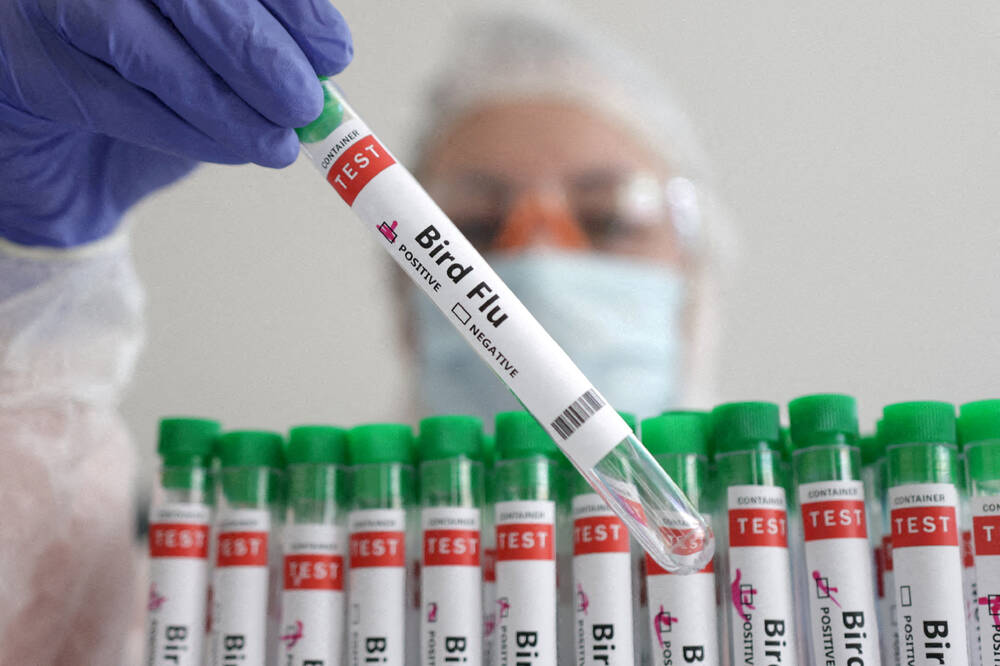Colorado workers with bird flu toiled in high heat, without sufficient protective gear

Colorado workers who contracted bird flu were working during extreme heat and under large fans, factors that made wearing protective equipment difficult and potentially contributed to their infections, the U.S. Centers for Disease Control and Prevention said on Tuesday.
The CDC had previously confirmed four cases and a fifth presumptive positive case of bird flu among Colorado farm workers who were killing and disposing of chickens that had contracted the virus.
Four other farm workers have contracted avian flu this year from infected dairy cows in Michigan, Texas and Colorado.
Read Also


Bunge offers to sell Viterra’s oilseeds facilities in Poland, Hungary, source says
U.S. grains merchant Bunge has offered to sell Viterra’s crush and refining plants for oilseeds in Hungary and Poland in order to secure EU antitrust approval for the $34 billion merger, a person close to the deal said on Tuesday.
The risk to the general public from bird flu remains low, Nirav Shah, principal deputy director of the CDC, said on a call with reporters.
When workers were killing the infected chickens, it was 104 degrees Fahrenheit (40 degrees Celsius) in Colorado, and strong industrial fans made it hard for workers to keep protective gear on their faces, Shah said.
“PPE use was not optimal, particularly the masks and eye protection,” Shah said, referring to personal protective equipment.
Initial analysis of the virus does not show concerning changes to the virus making it easier to spread among people, Shah said.
The CDC is not recommending that livestock workers be vaccinated against bird flu, Shah added.
The infected chicken farm is in a county where cows have tested positive for bird flu, Eric Deeble, an official with the U.S. Department of Agriculture, said on the press call.
More than 150 dairy herds across 13 states have been infected with the virus since March, according to the USDA.
Source: Farmtario.com

